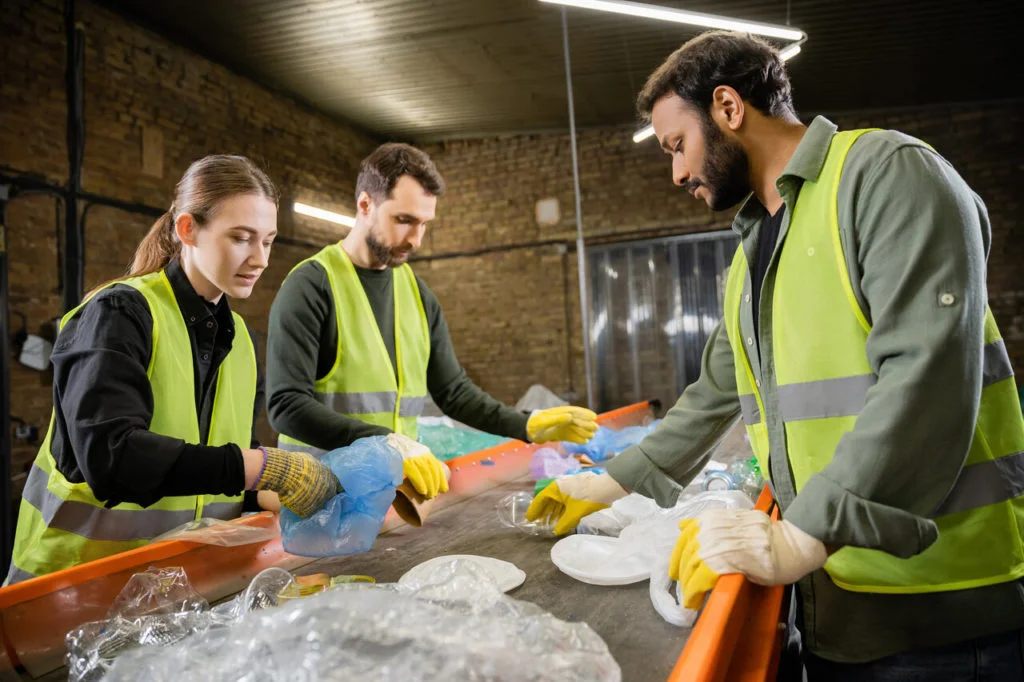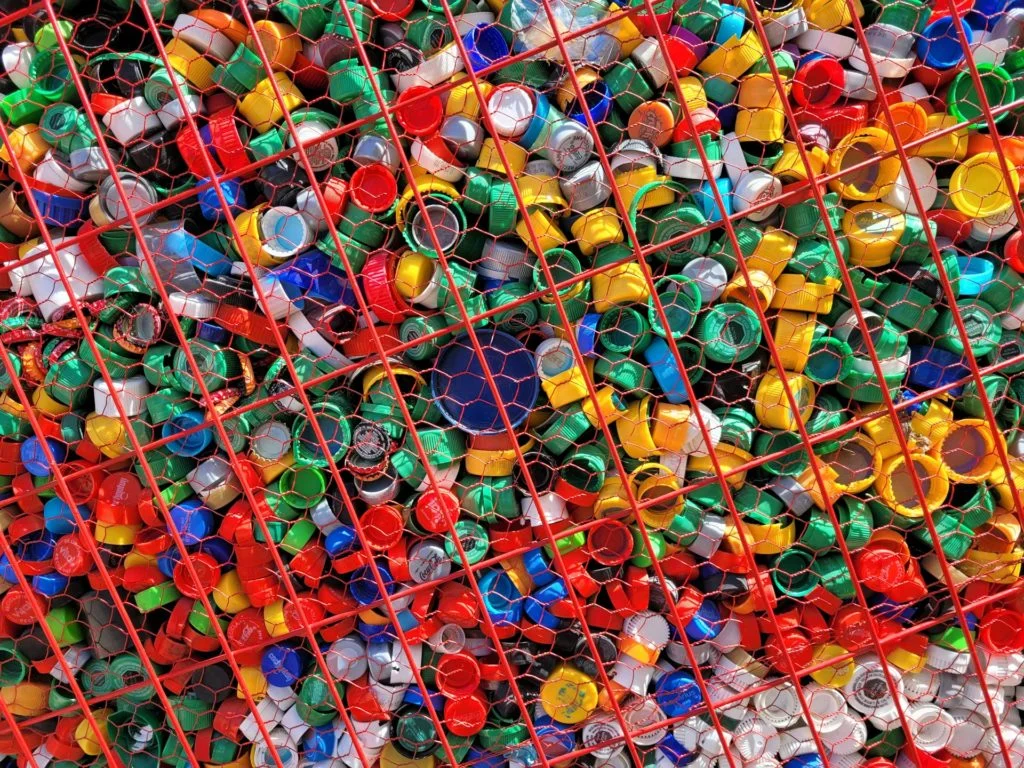The automotive industry is a cornerstone of the global economy, responsible for the development of numerous modes of work and transport that drive our society. However, this immense responsibility carries with it the challenge of managing the sector’s environmental impact, particularly regarding plastic waste generation and resource consumption.
To tackle this pressing issue, reprocessed plastics and closed-loop systems offer an innovative pathway for the automotive industry to adopt more sustainable practices, reduce waste, and promote a circular economy. Pulse Plastics, a leading UK-based independent specialist plastic solution provider, is dedicated to facilitating this vital transition through its cutting-edge reprocessed plastics and closed-loop products.
In this blog, we will explore the benefits of implementing reprocessed plastics and closed-loop systems in the automotive industry.
1. Navigating Environmental Challenges in the Automotive Industry
As one of the global economy’s most influential sectors, the automotive industry confronts significant environmental challenges due to its heavy reliance on plastic materials and the generation of vast amounts of plastic waste. Addressing crucial concerns such as plastic pollution, resource depletion, and energy-intensive production processes is of vital importance.
Adopting innovative approaches like reprocessed plastics and closed-loop systems can forge a more sustainable automotive industry by enabling effective waste management, resource conservation, and circular economy development.
2. Advantages of Reprocessed Plastics and Closed-Loop Systems for the Automotive Industry
- Incorporating reprocessed plastics and closed-loop systems in the automotive industry yields substantial environmental, economic, and regulatory benefits. Embracing this innovative approach grants manufacturers the ability to:
- Minimise Waste: Closed-loop systems facilitate the recovery, repurposing, and reuse of plastic waste generated during the manufacturing process, thus preventing pollution and reducing landfill disposal.
- Conserve Resources: Reprocessed plastics promote efficient resource management within the automotive supply chain, helping the industry transition towards a circular economy and lessen its dependence on virgin materials.
- Save Costs: Producing reprocessed plastics generally requires less energy, resulting in lower costs than manufacturing using virgin materials. This provides automotive businesses with financial benefits and a competitive edge.
- Comply with Regulations: Integrating reprocessed plastics into their manufacturing processes and adopting closed-loop systems enable automotive companies to achieve compliance with evolving environmental regulations, demonstrating their commitment to sustainability and enhancing their industry reputation.
3. Pulse Plastics: A Partner for Sustainable Automotive Solutions
Pulse Plastics is a leader in promoting sustainability within the automotive industry, offering a wide range of reprocessed plastics and closed-loop solutions. Partnering with Pulse Plastics enables automotive manufacturers to access numerous benefits, including:
- Extensive Range of Reprocessed Plastics: With a diverse selection of high-quality reprocessed materials suitable for various automotive manufacturing applications, Pulse Plastics ensures excellent product quality and performance.
- Tailored Waste Management Solutions: Pulse Plastics offers customised waste management and reprocessing services designed to meet the specific requirements of automotive manufacturers, enabling the implementation of closed-loop systems that align with operational needs.
- Long-Term Commitment and Support: Pulse Plastics is dedicated to fostering enduring partnerships with automotive manufacturers, providing ongoing expertise and guidance to ensure consistent implementation of eco-friendly practices.
4. Implementing Closed-Loop Systems in the Automotive Manufacturing Process
The successful integration of closed-loop systems and reprocessed plastics in the automotive manufacturing process requires a systematic and strategic approach, presented in the following steps:
- Assess Current Practices: Conduct a comprehensive analysis of existing manufacturing processes, material usage, and waste management strategies to identify improvement areas and determine effective incorporation of reprocessed plastics and closed-loop systems.
- Choose a Plastic Solution Provider: Establish a partnership with an experienced plastic solutions provider like Pulse Plastics, capable of supplying an extensive range of reprocessed plastics and providing expert advice on successfully integrating closed-loop systems.
- Develop Sustainable Manufacturing Processes: Collaborate with your chosen provider to design and implement new manufacturing processes incorporating reprocessed plastics while maintaining optimal product quality and performance.
- Cultivate a Culture of Continuous Improvement: Encourage innovation and ongoing progress within your organisation by regularly monitoring your closed-loop system’s performance and identifying new opportunities for sustainability development and industry collaboration.
Final Thoughts
Embracing reprocessed plastics and closed-loop systems offers the automotive industry an unparalleled opportunity to address its environmental challenges, reduce waste, and foster a more sustainable future. By adopting reprocessed plastics and closed-loop systems, automotive manufacturers can make considerable advancements in waste management, resource conservation, and driving positive change within their industry
Pulse Plastics is committed to facilitating this vital transformation by providing expert advice, innovative products, and unwavering support to businesses within the sector. Contact us today to learn more about our innovative plastics solutions.


